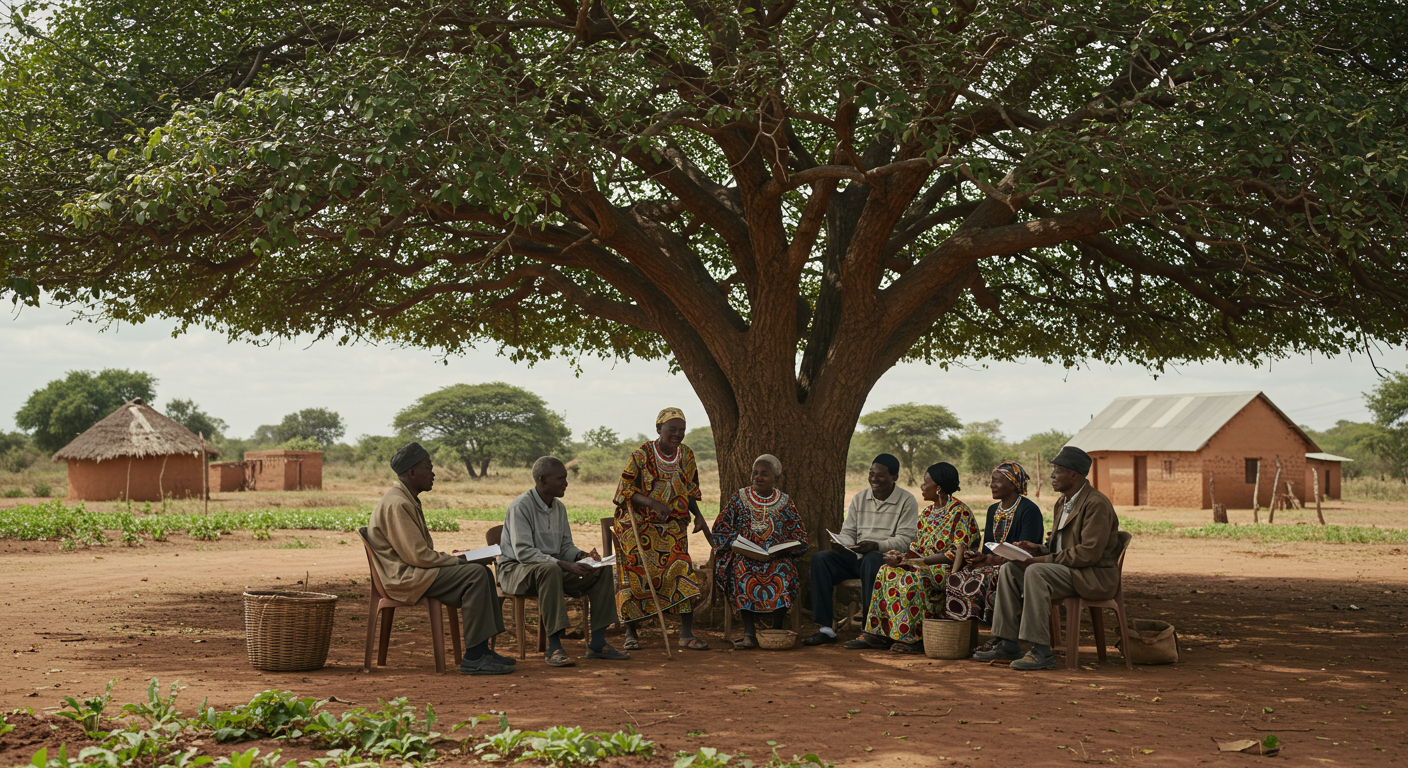Elders have long held a revered place in African society. They were the custodians of tradition, the keepers of wisdom, and the moral compass of communities. But how do they fit into the modern, fast-paced African society of today?
Custodians of Culture
Elders still play a central role in ceremonies—naming, weddings, burials—and in passing on language, proverbs, and cultural norms. In villages and extended family setups, they remain respected guides.
Conflict Resolution
In many African communities, elders mediate disputes. Their authority often holds more sway than formal law enforcement, especially in rural areas where tradition is law.
Mentorship and Moral Guidance
Grandparents and older relatives often raise children or act as secondary parents, especially in multi-generational homes. Their life experiences offer perspective younger generations might miss.
Challenges in Modern Settings
In urban settings, elders may feel left out as younger generations turn to the internet or peer groups. Bridging the generational gap through digital inclusion and intergenerational dialogue is crucial.
Elders are not relics—they are living libraries. As African society modernizes, it must find ways to integrate their wisdom into new systems of leadership, education, and culture.



